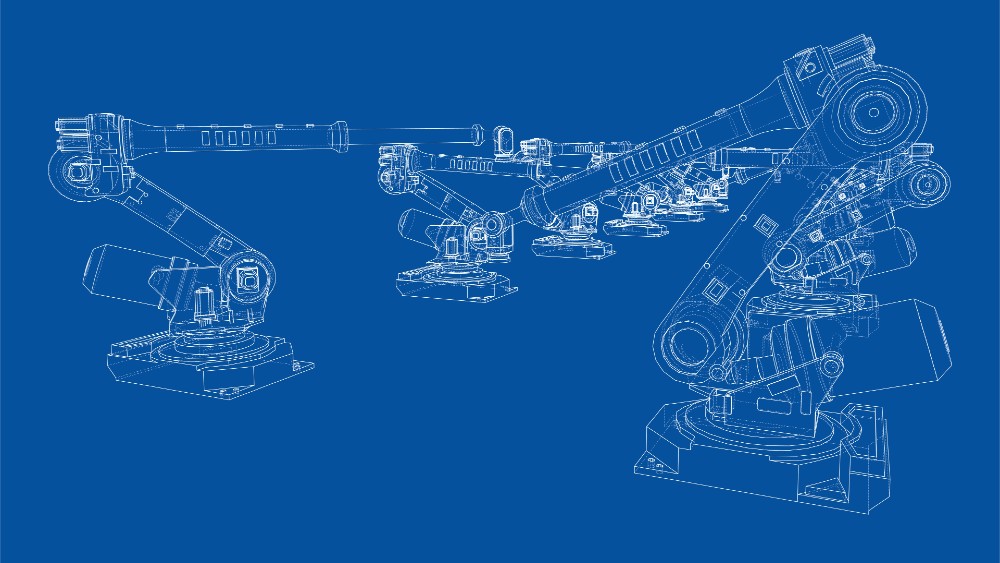The Institute of Railway Research launches £1.8m project to improve maintenance of the UK’s railway rolling stock
A NEW £1.8 million project led by the University of Huddersfield is investigating how cutting edge-technology and data analysis could improve the efficiency and reliability of how the UK’s railway rolling stock is maintained.
The Smart Rolling Stock Maintenance project is underway following the award of a grant from the European Regional Development Fund, supported by the Northern Powerhouse.
A team from the University’s Institute of Railway Research (IRR) and Centre for Planning, Autonomy and Representation of Knowledge (PARK) will work closely alongside a range of key industry partners including Northern Trains Ltd, Porterbrook and Unipart Rail over the course of the three-year project.
The project will investigate the use of industrial automation, advanced condition-monitoring with data analytics, the use of augmented reality and automated maintenance planning and scheduling.
Cost and staff safety are priorities
Industrial automation and robotics are already heavily used in a range of industries, but these technologies are not currently exploited to keep trains safe and operating at peak efficiency. Rail operators started to phase in 7,000 more trains from the start of 2019 – a mixture of new and refurbished vehicles – until the end of next year.
There has been significant pressure to improve the cost-efficiency of the railway industry as the cost of maintaining the rolling stock takes up a significant proportion of their lifecycle cost. With the UK Government urging a reduction in running costs, the prospect of cost-efficient maintenance has clear advantages.
The project will also help with the demands of a post-COVID-19 world on the rail industry, where revenues from passenger numbers could fluctuate and the need to keep maintenance staff at a safe distance from colleagues in rolling stock maintenance depots are live issues.
Study Mechanical Engineering at the University of Huddersfield
Rolling stock maintenance is traditionally carried out on a scheduled, interval-led basis and is led by visual inspections. Advanced monitoring systems are already being introduced on new trains and there is a significant opportunity to exploit the data already being collected for early interventions alongside a smarter approach to maintenance.
“A large focus of the project is to save money, make maintenance more reliable and to make it safer for people who work in rail depots by using more industrial automation,” said Dr Gareth Tucker, Principle Industry Fellow at the IRR. “Social distancing is hard for teams working under trains, so more automation is a way of reducing risk.”

“There is a demand that railways look to reduce costs, given the gap between fixed costs of running and the revenues that come in,” said Professor of Railway Engineering Paul Allen, who is Assistant Director of the IRR.
“There is a big push from the Government, post-COVID, to reduce costs. That adds an extra dimension to this work. This facility supports the objective of reducing railway costs and the changing demands being put upon the rail industry,” he added.
Last year the IRR became a leading Centre of Excellence in Rolling Stock and has world-class facilities including a pantograph test rig and a vehicle-track interaction test rig. Three new research fellows will join the Institute to work on the project, which will see them have the time to develop new solutions working with key industry partners.
Improving rolling stock data analysis
Better ways of interpreting data is another key area of the project, aiming at a more focused approach to maintaining rolling stock.
“Condition-based maintenance works on things when needed, not pre-emptively to reduce risk of it breaking in the future,” said Dr Tucker.
“There would be less unnecessary maintenance and this would help make trains more efficient and reliable. Trains collect a lot of data about their condition, but we don’t think that it is well processed. There are thousands of lines of data produced and there’s an opportunity to look at that data to plan things better, rather than just collecting data to be saved,” he added.
Also involved in the project are:
- Professor Simon Iwnicki – Director, IRR
- Professor Adam Bevan – Head of Enterprise, IRR
- Professor Lee McCluskey – Co-Director of PARK
- Professor Grigoris Antoniou - Co-Director of PARK
Related news
IRR receives Queen’s Anniversary Prize
A team of researchers from the IRR have won one of the most coveted awards in Higher Education.
World’s first carbon fibre rail bogie unveiled
The world’s first carbon fibre bogie, a collaboration with industry, was unveiled on campus in December 2019.
Railway pantograph expert takes top award
Dr Pedro Antunes wins award for work in harnessing complex mathematical formulations for solving railway engineering problems.


